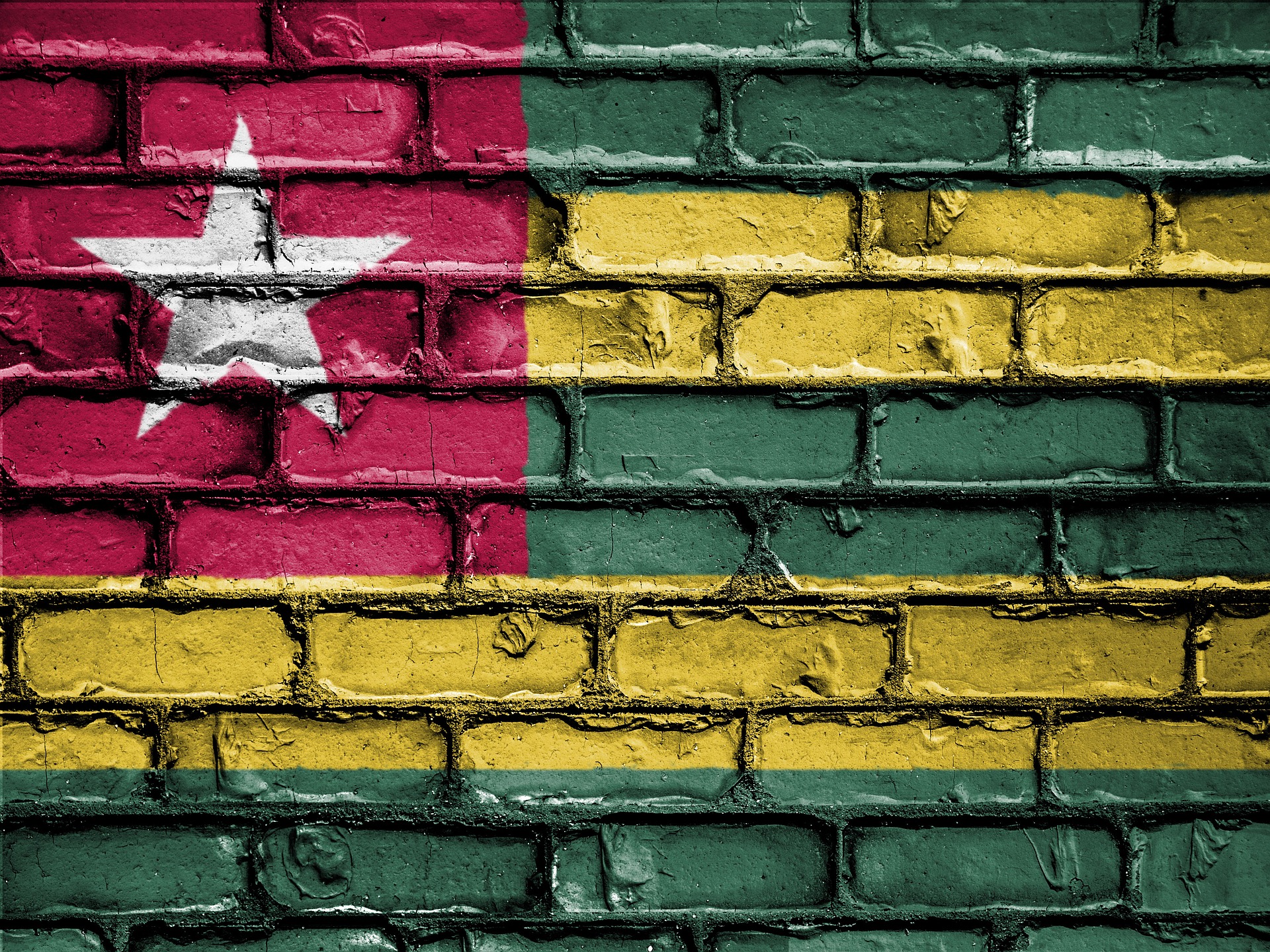On July 11, an explosion rocked the northern Togolese village of Margba, killing seven children who, according to Reuters, were between the ages of 14 and 18. Two others were wounded.
The Togolese army has been very guarded and did nothing more than acknowledge that an explosion had occurred, resulting in several casualties.
The army launched an investigation “to determine the circumstances of this explosion and identify the perpetrators,” says chief Dadja Maganawe.
President Faure Gnassingbé declared a state of emergency on June 13 following a Mali-based Jama’at Nasr al-Islam wal Muslimin (JNIM) terrorist attack that killed eight soldiers and wounded thirteen others. The army has been deployed to northern Togo in an effort to fight Sahel jihadists who have menanced the region with increasing intensity.
Sahel jihadists

The Sahel region, directly south of the Sahara Desert, has been the site of many terrorist attacks, prompting the creation of the G5 Sahel, a group originally composed of Burkina Faso, Chad, Mali, Mauritania, and Niger but now without Mali (it withdrew in May), with the goal of maintaining peace and stability in the region.
Now, the conflict of this region is bleeding into neighboring countries, including Togo. Armored forces often prove inadequate in combating jihadists that tend to travel on motorbikes; though this most recent explosion has not yet been attributed to terrorists, its location and timing puts a harsh spotlight on the Togolese military. Despite an increased focus on the north of the country following the state of emergency, this explosion was not prevented or anticipated.
Benin has ramped up its military presence in the north following a string of deadly terror attacks; the effectiveness of this effort remains to be seen.
Broader goals
Terrorists in Western Africa are not content in remaining in the Sahel region; in fact, the recent attacks in countries such as Togo, Benin, and Côte d’Ivoire suggest a desire to ensure the lasting strength of these terrorist groups. In an effort to maintain and grow their power, jihadist groups may be attempting to secure already held areas or expand to the Gulf of Guinea.
Being active in the Sahel region has allowed terrorist groups like JNIM to cement themselves in east Africa and threaten countries just slightly further south. The significance of this threat cannot be overstated: terrorist control of the Sahel down to the Gulf of Guinea would dissect the entire continent of Africa.
The potential for tremendous harm would effectively render useless decades-long efforts to protect the security and sovereignty of African countries. Multinational coalitions answer the call for greater stability, and one such example already exists.
Implications
The African Union (AU), launched in 2002 to succeed the Organisation of African Unity (OAU), aims to “[a]chieve greater unity and solidarity between African countries and their the [sic] people.” The AU has proven its effectiveness in brokering peace operations during “Islamist-inspired insurgencies” in Somalia and Mali. Its recent experiences in these two countries suggest that it could effect peace in the Sahel region and in Togo, Benin, and Côte d’Ivoire following their recent spate of attacks.
While the most recent explosion in Togo has not been linked to jihadist activity, the Togolese government would benefit from assistance from African organizations like the AU. Distrust in government is a key component in radicalization, and President Gnassingbé has not proven his ability to maintain Togo’s national security on his own. This explosion could lead more Togolese to join radical groups as President Gnassingbé demonstrates his incompetence as terror attacks continue to rise in the region.
While it may seem paradoxical for a rise in terrorism to drive more people to join terrorist groups, it is well documented that if terrorists appear to be in control and not government leaders, these groups begin to appeal to regular citizens. As several countries near Togo see their democracies threatened, Togo is at risk of becoming yet another country in the region backsliding into militarist authoritarianism.
The African Union is the best method to stabilize Togo and the region at large because of its authority in achieving peace in tumultuous circumstances. Without swift efforts by outside organizations, Togo may be unable to defend against the threat of terrorism and the side effects of an unstable government.
Togo’s half-hearted response
A disaster such as the explosion that took the lives of seven children just days ago should prompt outrage surrounding what appears to be a government’s inability to protect its own people. Yet all Togo’s leaders could do was announce an investigation in words that fall flat.
President Gnassingbé should care about the wellbeing of his people, and he must say so unequivocally. Otherwise, he is giving the terrorists that threaten his country just what they desire: the image of a government detached from its people, apathetic about their lives.
For the sake of his country, Mr. Gnassingbé must do more.

